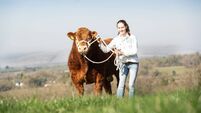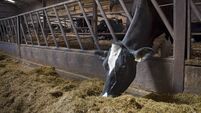Farm payment calendar: The new key dates for Irish agri schemes

This year, there's a whole suite of new schemes, applications systems, monitoring systems, validation and processing systems, and payment systems.
Disadvantaged area payments will be later this year, but other payment dates are unchanged.
Agriculture Minister Charlie McConalogue has revealed that payment is expected on October 17 in the Areas of Natural Constraints (ANC), in which there are significant changes to the stocking rate requirement in 2023. The previous payment date was in September.













